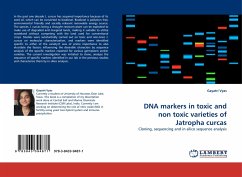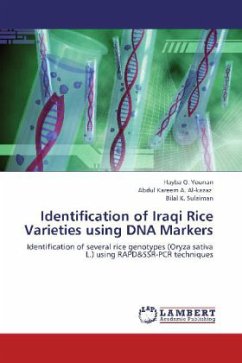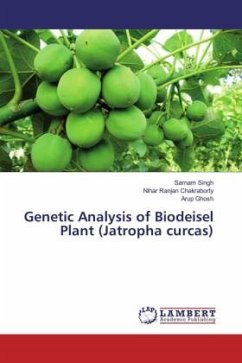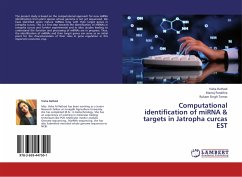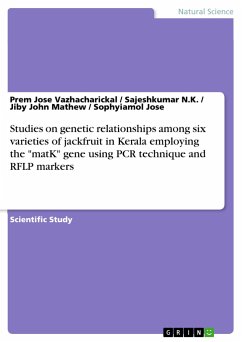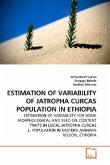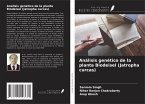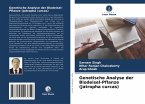In the past one decade J. curcas has acquired importance because of its seed oil, which can be converted to biodiesel. Biodiesel is pollution free, environmental friendly and socially relevant renewable energy source. The species J. curcas being a drought resistant plant can be exploited to make use of degraded and marginal lands, making it suitable to utilize wasteland without competing with the land used for conventional crops. Studies were substantially carried out on toxic and non-toxic J. curcas on molecular characterization, and markers were identified specific to either of the variety.It was of prime importance to also elucidate the factors influencing the desirable characters by sequence analysis of the specific markers reported for various germplasm and/or varieties. The current investigation was initiated to clone, analyze the sequence of specific markers identified in our lab in the previous studies and characterize them by in silico analysis.
Bitte wählen Sie Ihr Anliegen aus.
Rechnungen
Retourenschein anfordern
Bestellstatus
Storno

